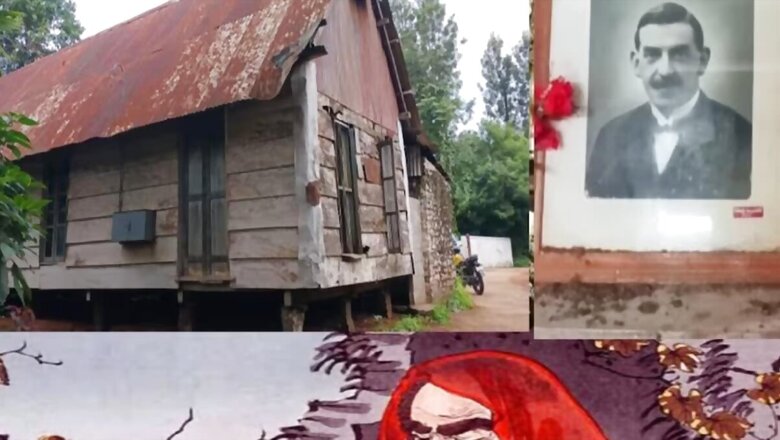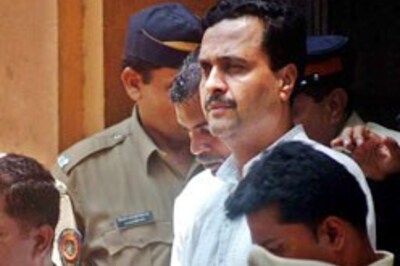
views
Just as in the movie 7aum Arivu, where people suffering from incurable diseases were shown to be taken to remote forests and left there, there used to be a similar practice in Kolli Hills. The people of Kolli Hills used to take those with incurable illnesses to a mountain area called Seekkupaarai and leave them there. If the intense heat of Seekkupaarai healed them, they would return home; if not, they would die there. This tradition has been followed in Kolli Hills for generations, according to the local people.
Moreover, can you believe that there was a tradition in Kolli Hills of sacrificing girl children to the gods? Yes, these are the kinds of things we have seen in movies, but such strange rituals have taken place for ages in Kolli Hills in the Namakkal district, Tamil Nadu.
In the same district of Kolli Hills, during the British era, a man named Jesimen Brand and his wife Evelyn Brand built a wooden bungalow and engaged in various charitable activities to improve the quality of life for the hill people. This wooden house still stands majestically today.
In 1909, Jesimen Brand, an Englishman trained in medicine, came to Sendamangalam in Namakkal district at the age of 24. He established a small hospital there and began providing medical aid to patients. A hundred years ago, many people were affected by deadly diseases like cholera and plague, leading to many deaths. Jesimen Brand provided medical assistance and saved lives during that time.
The people of Kolli Hills would walk several kilometres down the mountain to reach Sendamangalam to sell the fruits they cultivated in the forest. Jesimen Brand wanted to offer them medical assistance as well. In 1912, Jesimen and his friend Marling walked up to a place called Vazhavanthi in Kolli Hills. They stayed in a thatched hut and provided treatment to the hill people. Jesimen began building a wooden bungalow there.
In 1919, a poisonous fever spread across the Kolli Hills. People affected by this fever were taken to a rock on top of the mountain and left there. If they survived, they were allowed back into the village. This is why the area is still called Seekkupaarai. Jesimen Brand provided medical assistance to the affected people and saved them.
He also opposed the practice of child marriages in Kolli Hills. Jesimen and Evelyn protected and raised young girls who were affected by child marriage and those seen as a curse on their families due to their gender. They provided treatment, shelter, and care for such girls and even taught them various skills like gardening, weaving, silk rearing, carpentry, and more. Jesimen also assisted in improving agriculture and infrastructure, including roads, in various parts of Kolli Hills.
Eventually, Jesimen Brand contracted a strange illness called blackwater fever. Despite receiving medical treatment, he died in 1929 at the age of 44 in Kolli Hills, where he had lived for 17 years. His body was buried there.
The wooden bungalow where Jesimen Brand lived can still be seen today, along with the bed, kitchen, and other items they used. Several landmarks speak to the memory of Jesimen Brand and his contributions to the development of the people of Kolli Hills. Notably, the wooden bungalow still stands tall, and the families of the 23 children they rescued and raised have now grown into a thriving community living happily together.




















Comments
0 comment